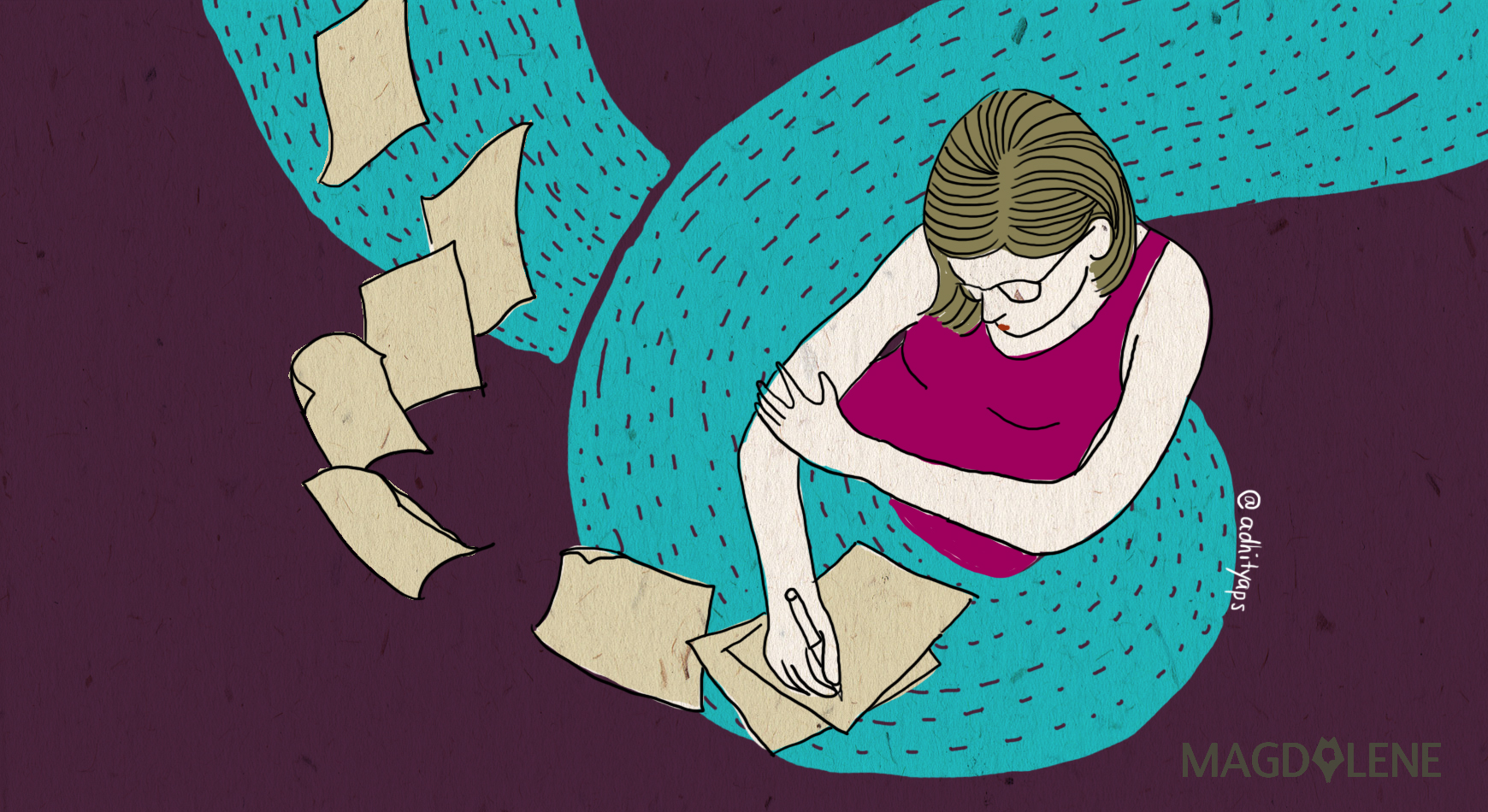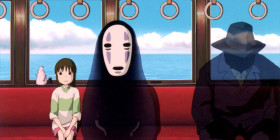Dad’s last words were barely comprehensible to me. He uttered a sentence, but all I could hear was my own crying. Still, I was able to catch a line: “Take care of your future.”
Having known him for 20 years, that sure sounded like the last word from him. He had been bedridden for so long, yet I had been too sure that he would make it out of his battle. I had held on to that hope, while his condition continued to deteriorate until, ultimately, both of his kidneys failed.
The day Dad passed away was also the day I “died.” My sister and I were on his side, witnessing him taking his last breath. When his heart monitor showed a flatline, I was overwhelmed with a mix of shock, sadness, anger and confusion. Afterward, I returned alone to Yogyakarta, where I was studying, but the grief never left. It became my constant mate.
It wasn’t just grief—I was also racked with guilt and regret. The grief, guilt and regret continued to feed me in a bubble in which I trapped myself. It was poisoning me. My sleep cycle was badly messed up. I hated myself because when he was alive, I would not pick up his calls at midnight. I hated myself for being selfish when he fell sick, for getting mad at him because he didn’t take his meds, and even more knowing that he didn’t get to fulfill his dreams. These were grounds for me to punish myself for years.
Also read: Grieving in the Time of Pandemic: Watching My Ailing Mom from Overseas
Coping with Grief and Guilt
Living with guilt took a toll on my wellbeing and health. I was aware that my close friends knew something was off with me, but when the issue came up, I would quickly shut down the conversation. I chose to grieve alone, not letting even my mother or siblings knew what went on inside of me. And as these all happened in the last semester of my college years, my final thesis plan crumbled to pieces.
When I was little, it never crossed my mind that my parents could be gone so suddenly. I thought our loved ones would live long enough—at least to their eighties. I thought they would likely suffer from dementia before they die of natural cause. How naive of me to think that we would grow old together.
As I grew older and having seen my grandfathers passed away, I started to understand death. Still, I never got to learn the important part: coping with grief.
I did many things to cope with my grief, the best of which was doing makeup. I stayed awake at 3 am absorbed in my makeup. Blending eyeshadow felt strangely soothing. I would do this while listening to the music my dad had introduced me to, reminiscing our happiest memories.
I also keep a sweater he gave me the last time I saw him. It is still the best thing that sits in my wardrobe, although I do not fit in it anymore. As my last recollection of him in the hospital was traumatizing, I collect his old photographs so that I could remember him in his best: tall, handsome and healthy.
One day, a friend of his told a story about their childhood and how smart and generous he was. That was the moment I began to see him through someone’s eyes, and I loved it. The more I learned about his kindness, the less heavy the load would feel.
Also read: Why We Crave Closure
Grieving the Sudden Death of a Parent
The very last phase of grief and regret is forgiveness. Forgiving myself might still be a long way, but I am getting close to it. I’ve accepted that I’ve made mistakes. I‘ve come to terms that grieving is healthy, at least for me. Slowly and overtime, my pain eased, and I could get back on my feet again.
Grieving a parent’s death is a complex process. Though you foresee that you would lose your parent, rarely, if ever, that you’re prepared for it. I’ve seen my mother grieving the sudden passing of his father, although he had lived a long and great life. I’ve seen people still not over their parent’s death though a decade has passed.
As everyone has a unique relationship with their parents, so they deal with the loss in different ways. I was never that close to my dad, but we had a good connection. We shared the same musical taste. Sometimes we were distant, yet so close. My grief was no less significant than if I had been much closer to him. Whatever you feel is valid. Grieving is normal and time will be your best friend. It will get better.
As for me, I celebrate the lives that we once shared. I know that I loved my old man much more than I realized. I will pass his legacy through stories to my children one day.
I just finished WandaVision and am reminded of what Vision says in one of the episodes that stunned me: “What is grief, if not love persevering?”







Comments